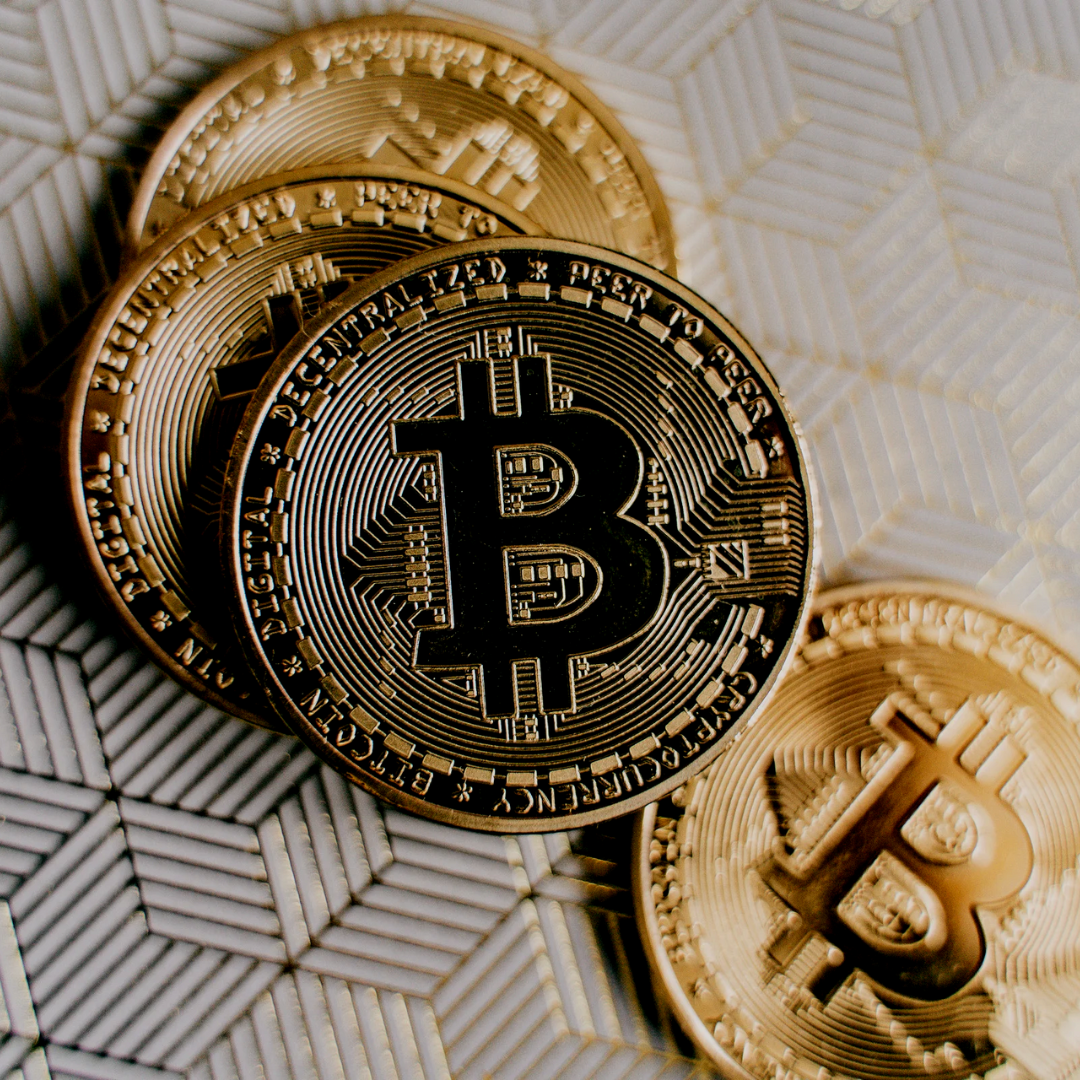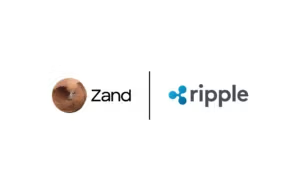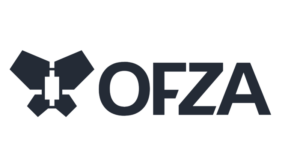In a major step toward integrating blockchain technology into everyday life, Dubai has announced plans to allow residents to pay for government services using cryptocurrency.
The move, unveiled Monday, follows the signing of a memorandum of understanding (MoU) between Dubai’s Department of Finance (DOF) and global digital asset platform Crypto.com.
The initiative is part of Dubai’s broader push to become a global leader in financial innovation. It aligns with the city’s Cashless Strategy, which aims to digitize over 90% of all transactions—both public and private—by 2026. The system will enable users to pay government fees through Crypto.com’s digital wallet, automatically converting payments into Emirati dirhams before being deposited into the DOF’s accounts.
“This is more than a payment method,” said Ahmad Ali Meftah, Executive Director of Central Accounts at DOF. “It’s about building a sustainable digital financial model for the future.” Officials say the functionality will be available to individual and business users “soon,” and technical integration is already underway.
The announcement was made at the Dubai FinTech Summit, with high-level government officials including Abdulla Al Basti, Secretary General of The Executive Council of Dubai, and Abdulrahman Al Saleh, Director General of DOF, in attendance. Both leaders emphasized that the MoU reflects Dubai’s “proactive” stance toward evolving global economic trends and the modernization of digital services.
Dubai has already established a regulatory framework for virtual assets through its Virtual Assets Regulatory Authority (VARA). With this latest step, the city is moving from private-sector crypto innovation into public-sector adoption—something few governments worldwide have done at scale.
“This is a comprehensive, government-wide implementation, not just a limited trial,” said Mohammed Al Hakim, President of Crypto.com UAE.
A key feature of the system is its reliance on stablecoins, a type of cryptocurrency pegged to traditional fiat currencies like the U.S. dollar or UAE dirham. This mechanism is intended to minimize volatility and ensure secure, predictable transactions—two issues that have historically made governments hesitant to embrace crypto for essential services.
The DOF also highlighted the potential economic benefits of the initiative, stating that increasing digital transactions could contribute over AED 8 billion annually to the local economy. Beyond that, Dubai sees the move as a way to improve financial inclusion by offering more diverse payment methods.
While other nations have taken steps toward crypto regulation—mostly through taxation or consultation—Dubai is positioning itself as a pioneer in real-world, government-led implementation. Once operational, the model could provide a roadmap for other countries interested in regulated crypto adoption without sacrificing compliance or user trust.
The development underscores Dubai’s continuing commitment to emerging technologies and reflects its strategy of balancing innovation with regulatory rigor.






